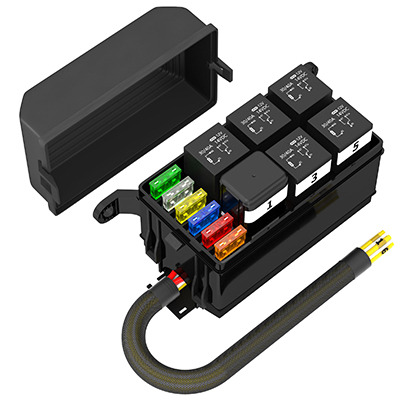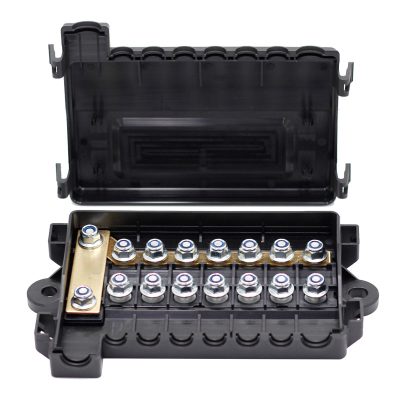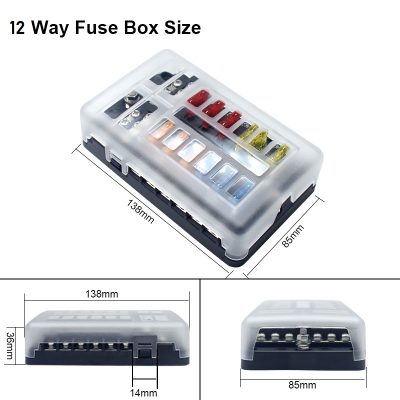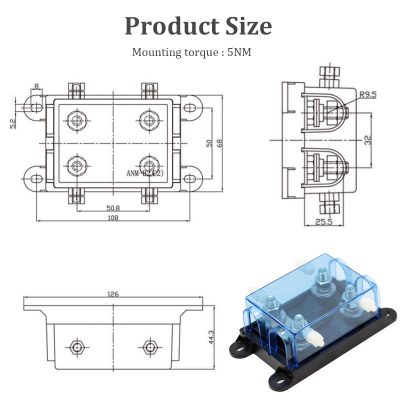Durable Plastic Fuse Boxes Enhancing Compact Car Electrical Safety
News 2025-10-20
Plastic housing fuse boxes are essential components in modern automotive electrical systems, particularly for compact cars where space and weight are critical factors. These units provide a reliable way to protect circuits from overloads and short circuits, ensuring the safety and longevity of vehicle electronics. Made from high-quality plastic materials, they offer a cost-effective alternative to metal enclosures while maintaining robust performance in various driving conditions. As compact cars continue to gain popularity for their fuel efficiency and maneuverability, these fuse boxes play a key role in integrating advanced electrical features without compromising on reliability.

Application Scenarios
In compact cars, plastic housing fuse boxes are commonly used in engine compartments, dashboards, and under-hood areas to manage power distribution. They are ideal for applications involving LED lighting systems, infotainment units, and sensor networks, where precise circuit protection is needed. For instance, in urban driving environments, these boxes handle frequent start-stop cycles and electronic demands, preventing failures that could lead to breakdowns. Their design allows easy integration into tight spaces, making them suitable for electric and hybrid vehicles that require efficient wiring layouts to support battery management and regenerative braking systems.
Performance Advantages
Plastic housing fuse boxes excel in durability and resistance to environmental factors, such as moisture and temperature fluctuations, which are common in automotive settings. Their lightweight construction reduces vehicle weight, contributing to better fuel economy and handling in compact models. Additionally, the material’s electrical insulation properties minimize the risk of short circuits, enhancing overall system safety. With customizable configurations, these boxes support higher current ratings and faster response times, ensuring optimal protection for sensitive components like ECUs and navigation systems, thereby improving the reliability and performance of compact car electrical architectures.
Frequently Asked Questions
1. What materials are used in plastic housing fuse boxes?
They are typically made from engineering plastics like nylon or polypropylene, chosen for their strength and resistance to heat and chemicals.
2. How do these fuse boxes improve vehicle safety?
By providing quick-response circuit protection, they prevent electrical fires and component damage, ensuring safer operation in compact cars.
3. Are they compatible with all car models?
While designed for compact cars, they can be adapted to various models with standard fuse configurations, but compatibility should be verified with vehicle specifications.


